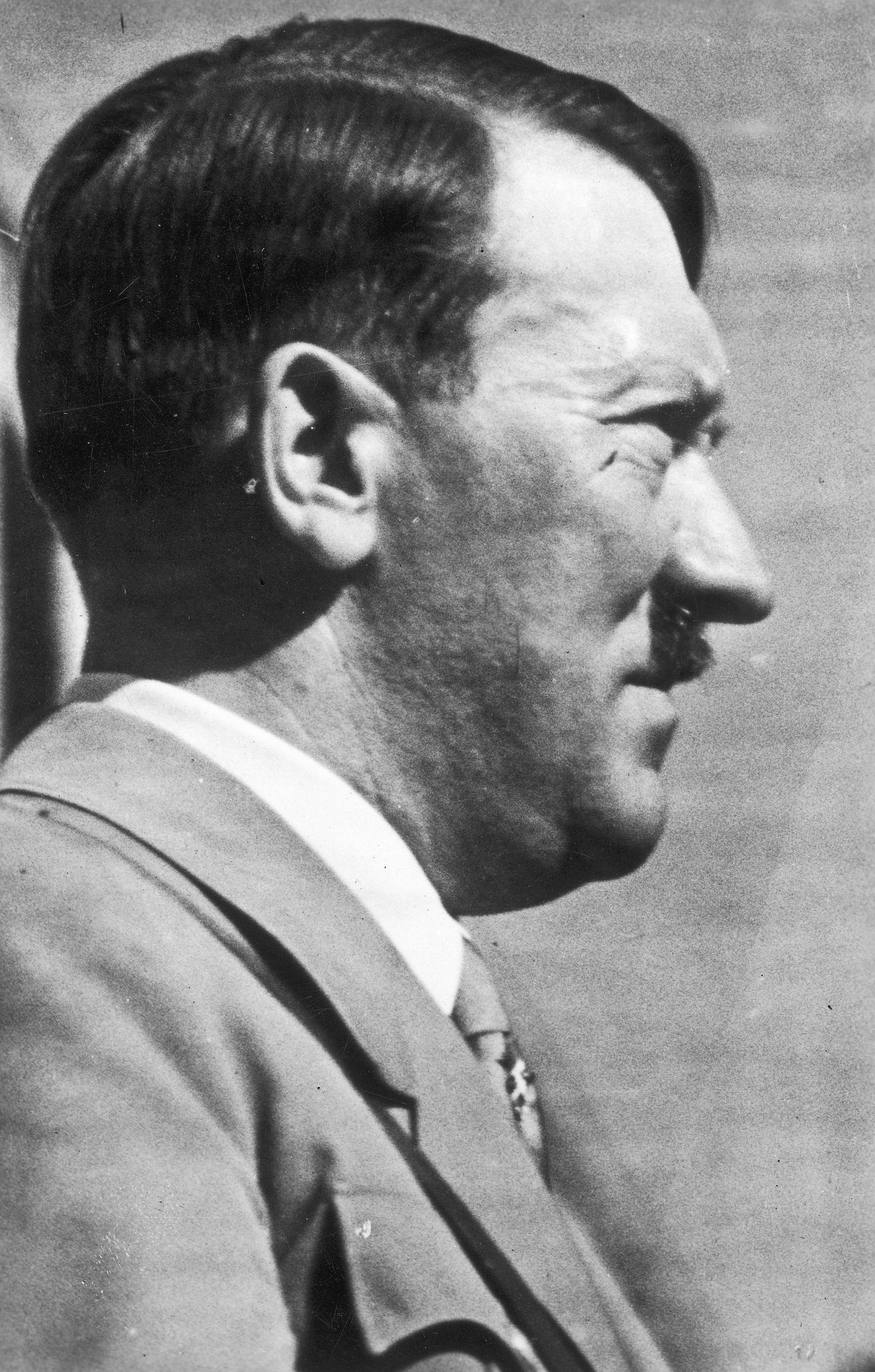Early Life and Family Background (1889-1907)
Birth and Childhood
Adolf Hitler was born on April 20, 1889, in Braunau am Inn, a small town in Austria-Hungary (present-day Austria), near the German border. He was the fourth of six children born to Alois Hitler and Klara Polzl. Of the six, only Adolf and his younger sister Paula survived into adulthood.[1]
Family and Upbringing
Hitler's father, Alois, was a strict and authoritarian customs official, while his mother, Klara, was caring and deeply devoted to her son. The tension between father and son was evident, especially as Adolf rejected the career paths his father pushed upon him, such as joining the civil service. Instead, Hitler dreamed of becoming an artist.[2]
Education and Art Aspirations
Hitler was an average student in his early education, attending school in Linz. After the death of his father in 1903 and his mother in 1907, Hitler moved to Vienna to pursue admission to the Academy of Fine Arts. He failed the entrance exam twice and became destitute, living in shelters and hostels while developing a deepening resentment toward Jews and immigrants.[3]
Years in Vienna and Munich (1907-1914)
While in Vienna, Hitler's anti-Semitic views solidified, influenced by nationalist and racist ideologies circulating at the time. He also developed a strong interest in politics, reading nationalist newspapers and attending political meetings. In 1913, Hitler moved to Munich, partly to avoid military service in Austria, which he viewed as a multicultural empire he despised. [1]
World War I Service (1914-1918)
When World War I broke out, Hitler volunteered for the German army and served as a messenger on the Western Front. He was wounded twice and received the Iron Cross for bravery. The war had a profound effect on him; he found camaraderie in the military and was devastated by Germany's defeat and the subsequent Treaty of Versailles.[4]
World War I Service (1914-1918)
Hitler volunteered for the Bavarian Army in 1914 and served on the Western Front. He was twice wounded and awarded the Iron Cross First Class. Germany's defeat deeply affected him, reinforcing the belief that the nation was betrayed by Jews and Marxists.
Political Rise and Nazi Party Formation (1919-1923)
In 1919, Hitler joined the German Workers Party, later renamed the Nazi Party. His speaking skills quickly made him the party's main figure. He attempted a failed coup in 1923 (Beer Hall Putsch) and was imprisoned. In prison, he wrote Mein Kampf, outlining his ideology.
Path to Power (1924-1933)
Following the Great Depression, Nazi propaganda gained traction. In 1933, Hitler was appointed Chancellor. Using the Reichstag Fire and the Enabling Act, he eliminated democracy and became Fuhrer after President Hindenburg's death.
Dictatorship and Totalitarian Regime (1933-1939)
Hitler consolidated power through propaganda, mass rallies, and suppression of opposition. Anti-Semitic policies escalated: the Nuremberg Laws (1935) and Kristallnacht (1938) signaled worsening persecution. The groundwork for the Holocaust was laid.
World War II (1939-1945)
Germany invaded Poland on September 1, 1939, triggering WWII. Hitler's forces quickly overran much of Europe. The 1941 invasion of the Soviet Union marked a turning point, leading to major German defeats. Hitler also declared war on the US, creating a global conflict.
By 1942, the Final Solution was underway. Nazi death camps like Auschwitz and Treblinka killed millions in the Holocaust.
Decline and Death (1944-1945)
Surviving an assassination attempt in July 1944, Hitler became more reclusive. As Soviet forces neared Berlin, he took refuge in his bunker. On April 29, 1945, he married Eva Braun. The next day, both committed suicide. Their bodies were burned per his instructions.
Legacy and Impact
Adolf Hitler's rule resulted in tens of millions of deaths, the devastation of Europe, and the Holocaust. His legacy is one of absolute tyranny, racial genocide, and catastrophic war. Understanding his life is vital to preventing the repetition of such atrocities.
Sources and Further Reading
- Mein Kampf by Adolf Hitler
- The Rise and Fall of the Third Reich by William L. Shirer
- Hitler: A Biography by Ian Kershaw
- United States Holocaust Memorial Museum
- Yad Vashem Holocaust Remembrance Center
- German Federal Archives
- Back to Biographies
- Back to Home page
